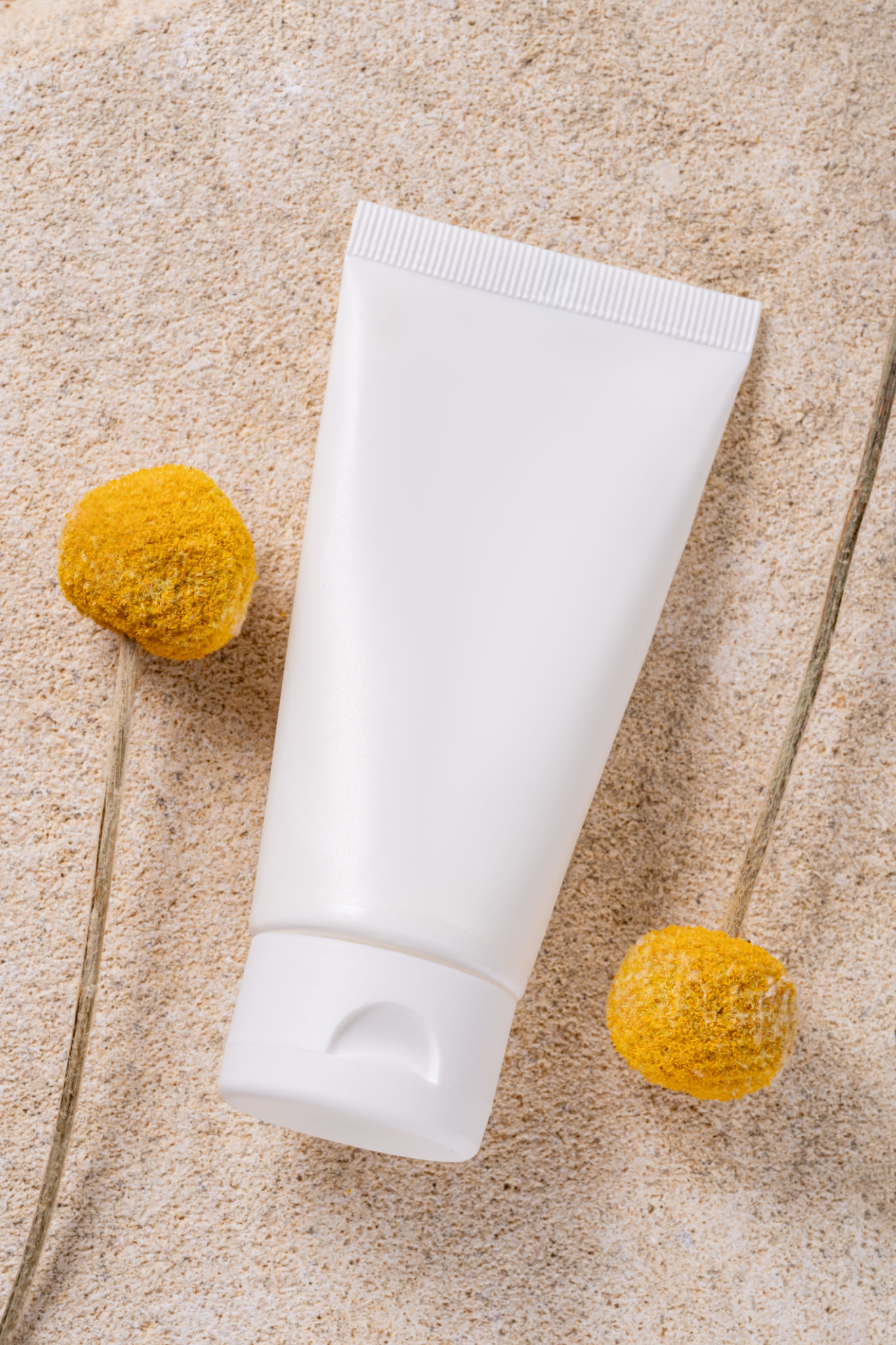The Hidden Dangers of Conventional Skincare: Why Eco-Friendly Sunscreen Matters
The Rise of Eco-Friendly Skincare
In recent years, there has been a significant shift towards more sustainable and environmentally-friendly products in the beauty industry. This change is largely driven by increased awareness about the harmful effects that conventional skincare products can have on both our health and the environment. One product that has come under scrutiny is sunscreen.

Understanding the Ingredients
Conventional sunscreens often contain chemicals such as oxybenzone, octinoxate, and homosalate. These ingredients have been linked to various health concerns, including hormonal disruption and allergic reactions. Moreover, when these chemicals wash off in the ocean, they contribute to coral bleaching and other forms of marine life damage.
Eco-friendly sunscreens, on the other hand, use natural minerals like zinc oxide and titanium dioxide as active ingredients. These minerals provide a physical barrier against UV rays, offering protection without the harmful side effects associated with chemical sunscreens.
Environmental Impact
Approximately 14,000 tons of sunscreen end up in the world's oceans each year, with much of it containing harmful chemicals. This pollution not only affects coral reefs but also impacts fish and other marine organisms. By choosing eco-friendly sunscreen, consumers can help reduce this pollution and contribute to healthier oceans.

The Benefits of Mineral-Based Sunscreens
Mineral-based sunscreens offer several benefits beyond environmental protection. They are often less irritating to sensitive skin and provide broad-spectrum protection against both UVA and UVB rays. Additionally, they begin to work immediately upon application, unlike chemical sunscreens that require a waiting period to be effective.
- Immediate protection upon application
- Less likely to cause skin irritation
- Broad-spectrum UV protection
Choosing the Right Product
When selecting an eco-friendly sunscreen, it's important to read labels carefully. Look for products that are labeled as "reef-safe" or "biodegradable." These products are designed to minimize environmental impact while still providing effective sun protection.

Consumer Responsibility
While manufacturers play a key role in producing sustainable products, consumers also have a responsibility to make informed choices. Supporting brands that prioritize eco-friendly practices can drive further innovation and availability of sustainable options in the market.
By choosing eco-friendly sunscreen, you are making a conscious decision to protect not only your skin but also the planet. It's a small step with a significant impact, highlighting the importance of being mindful of the products we use daily.